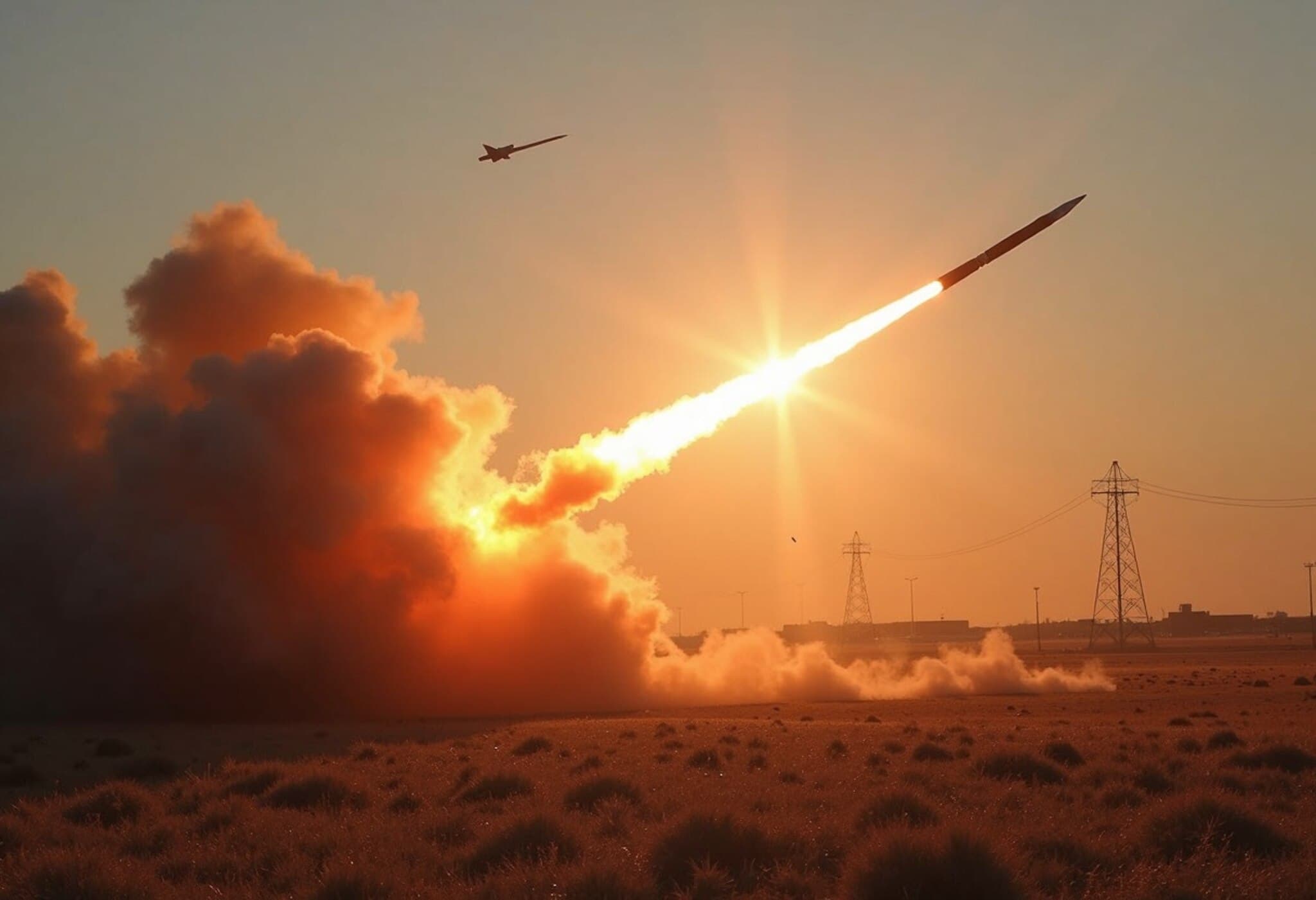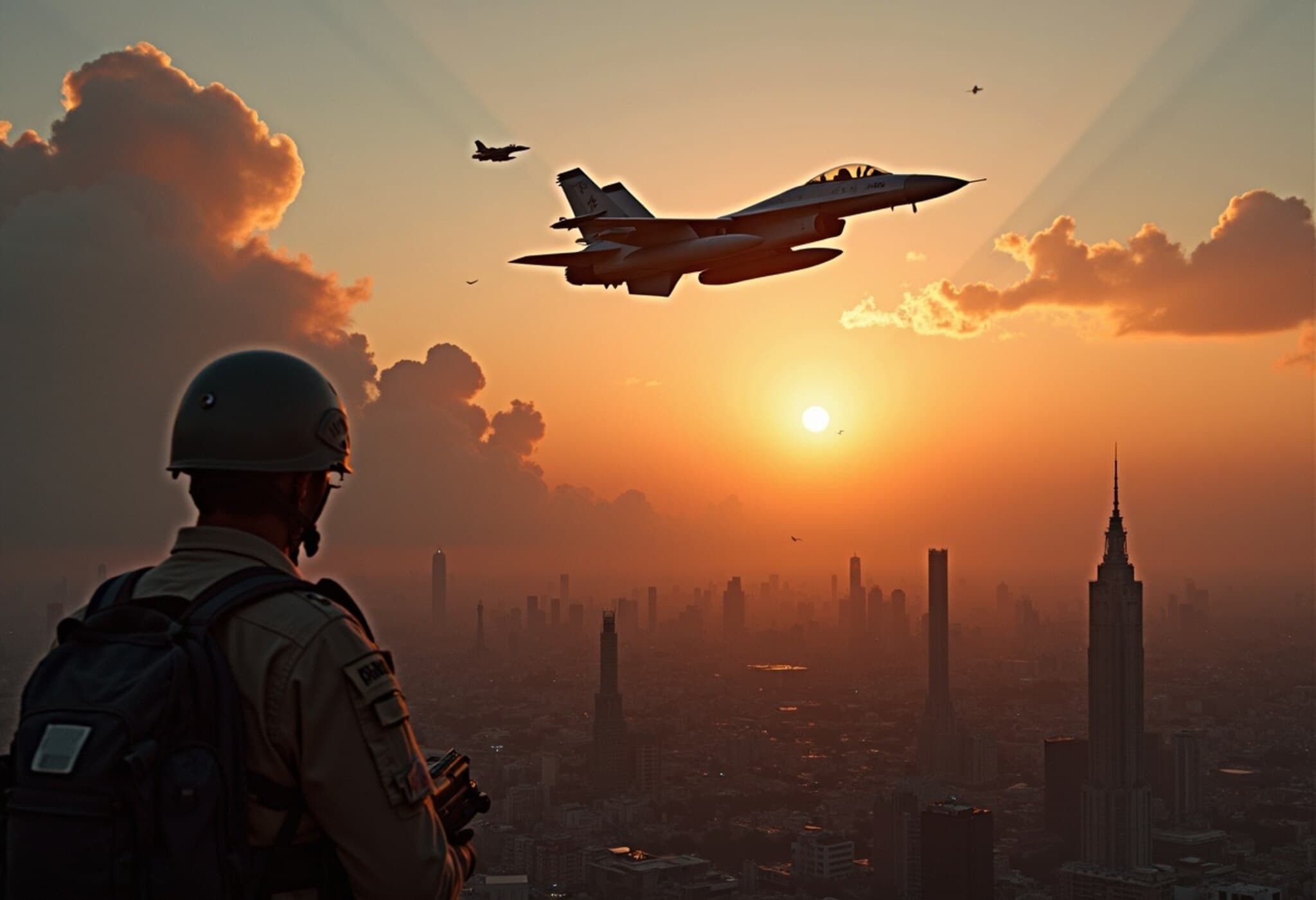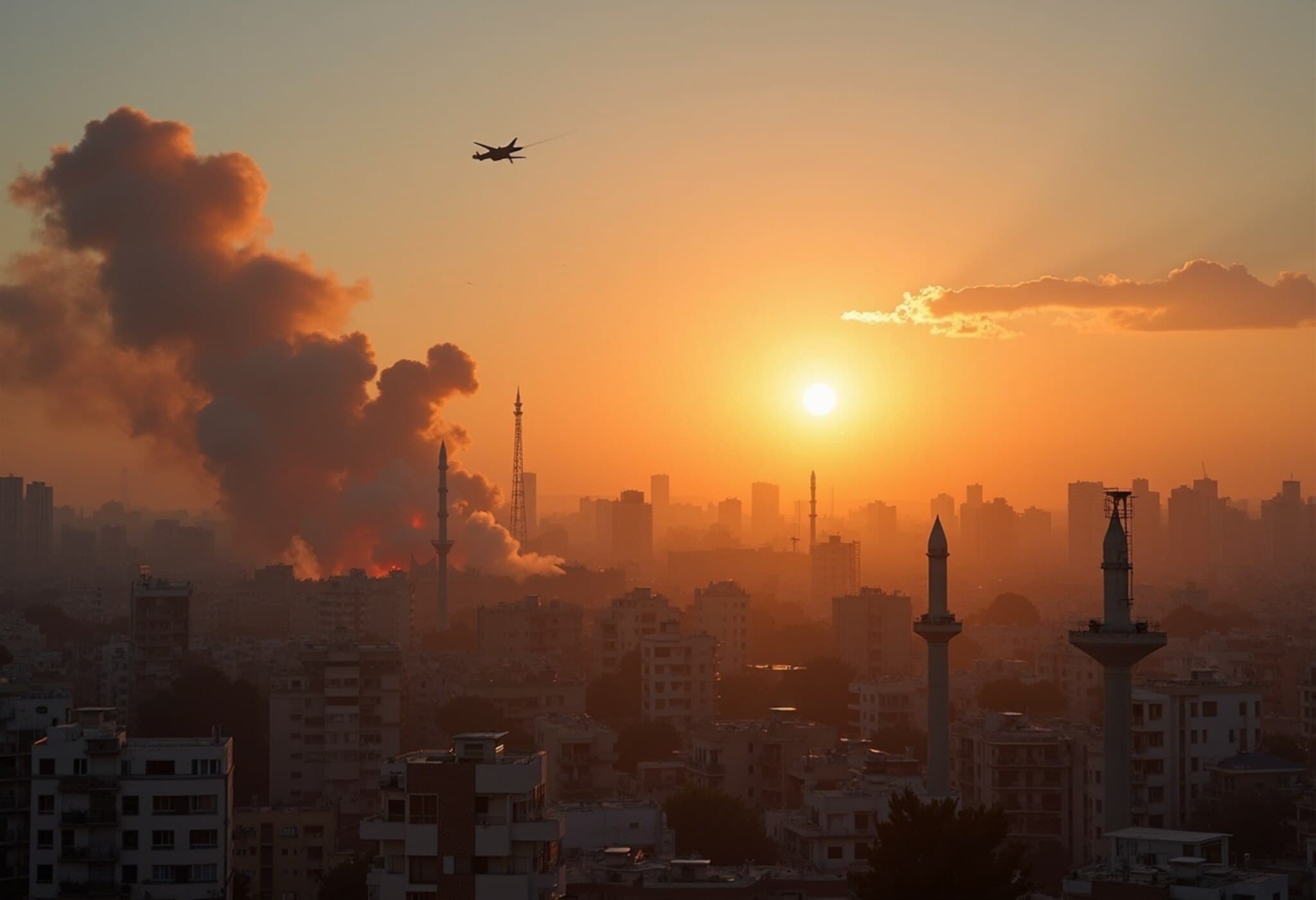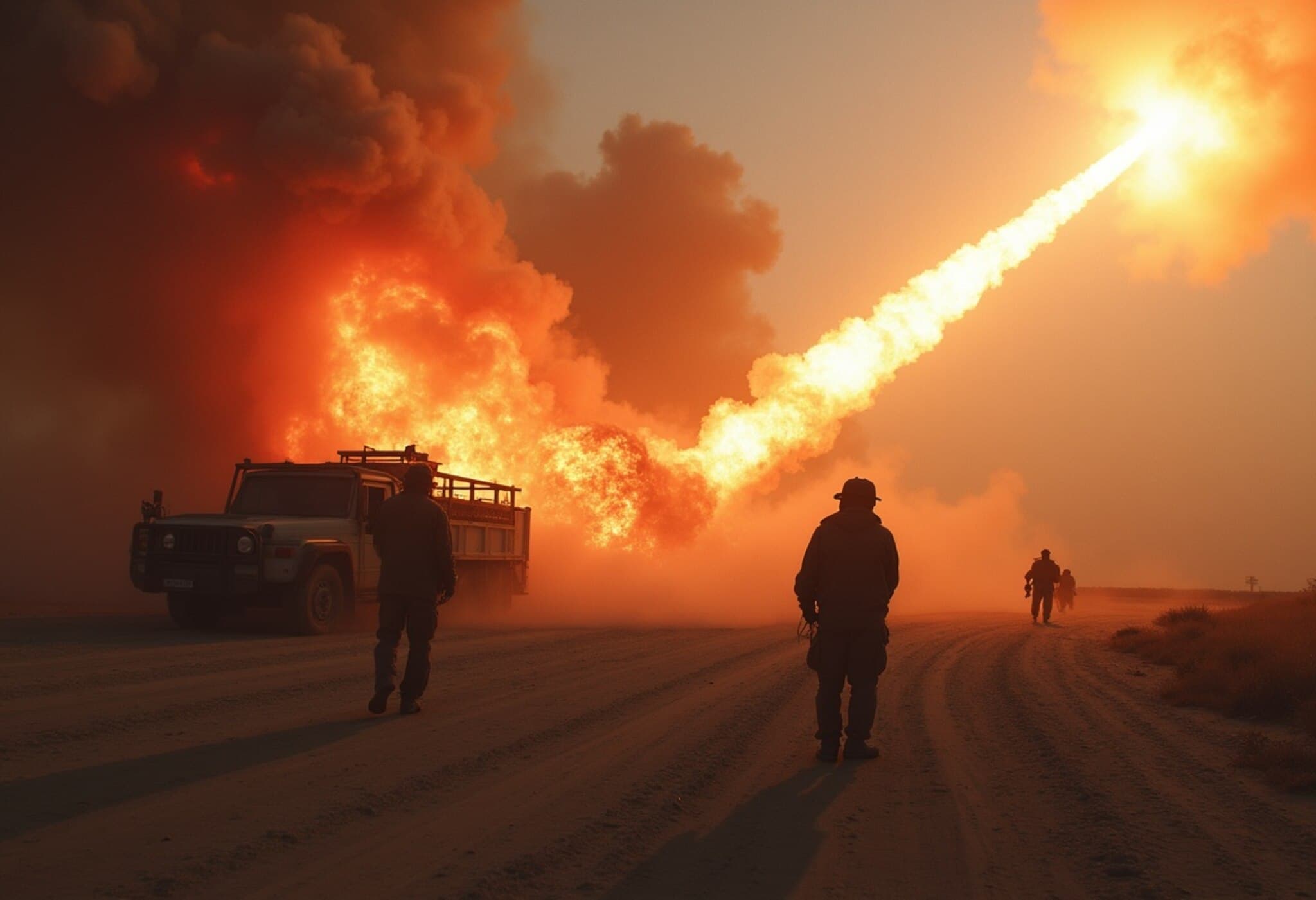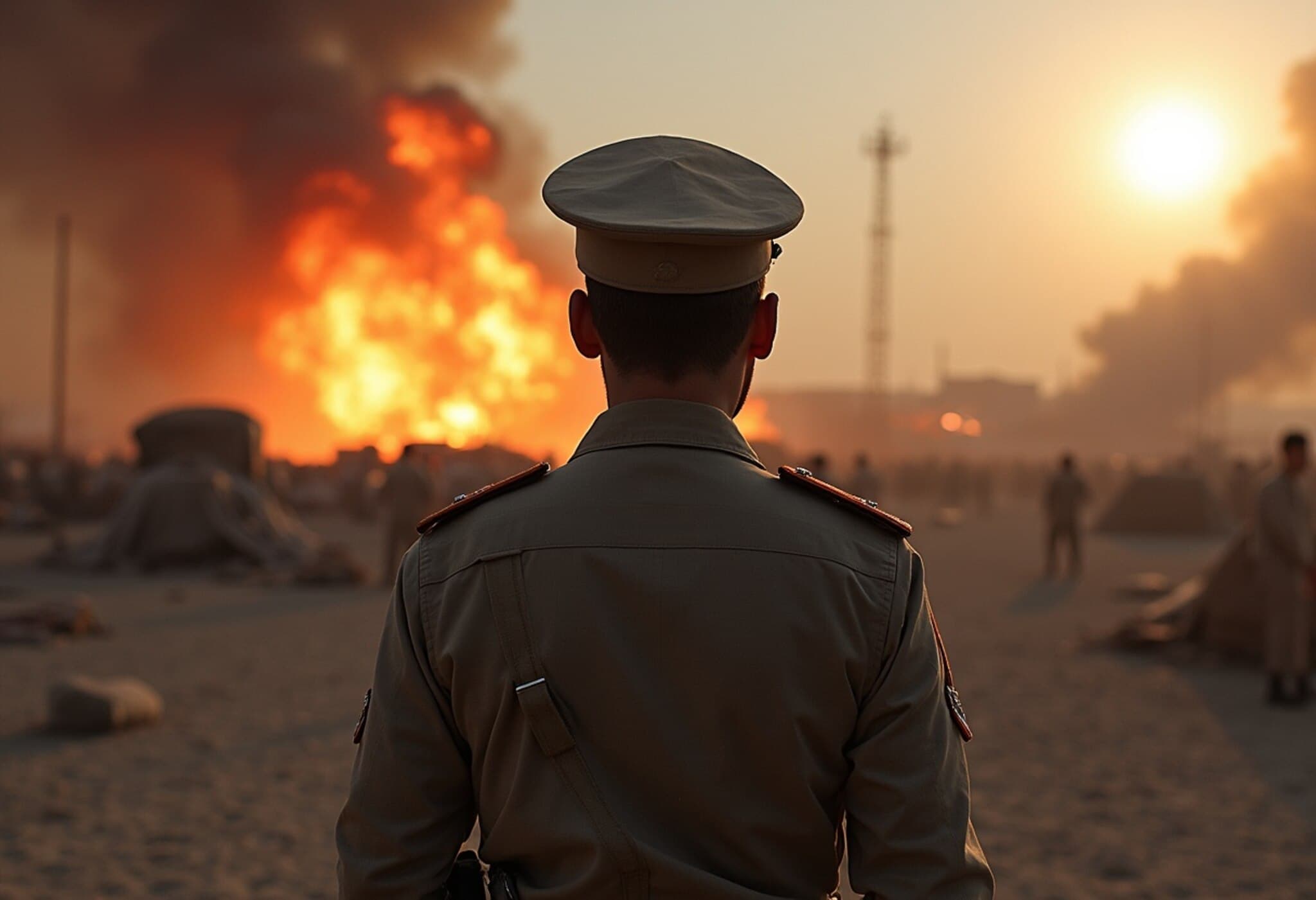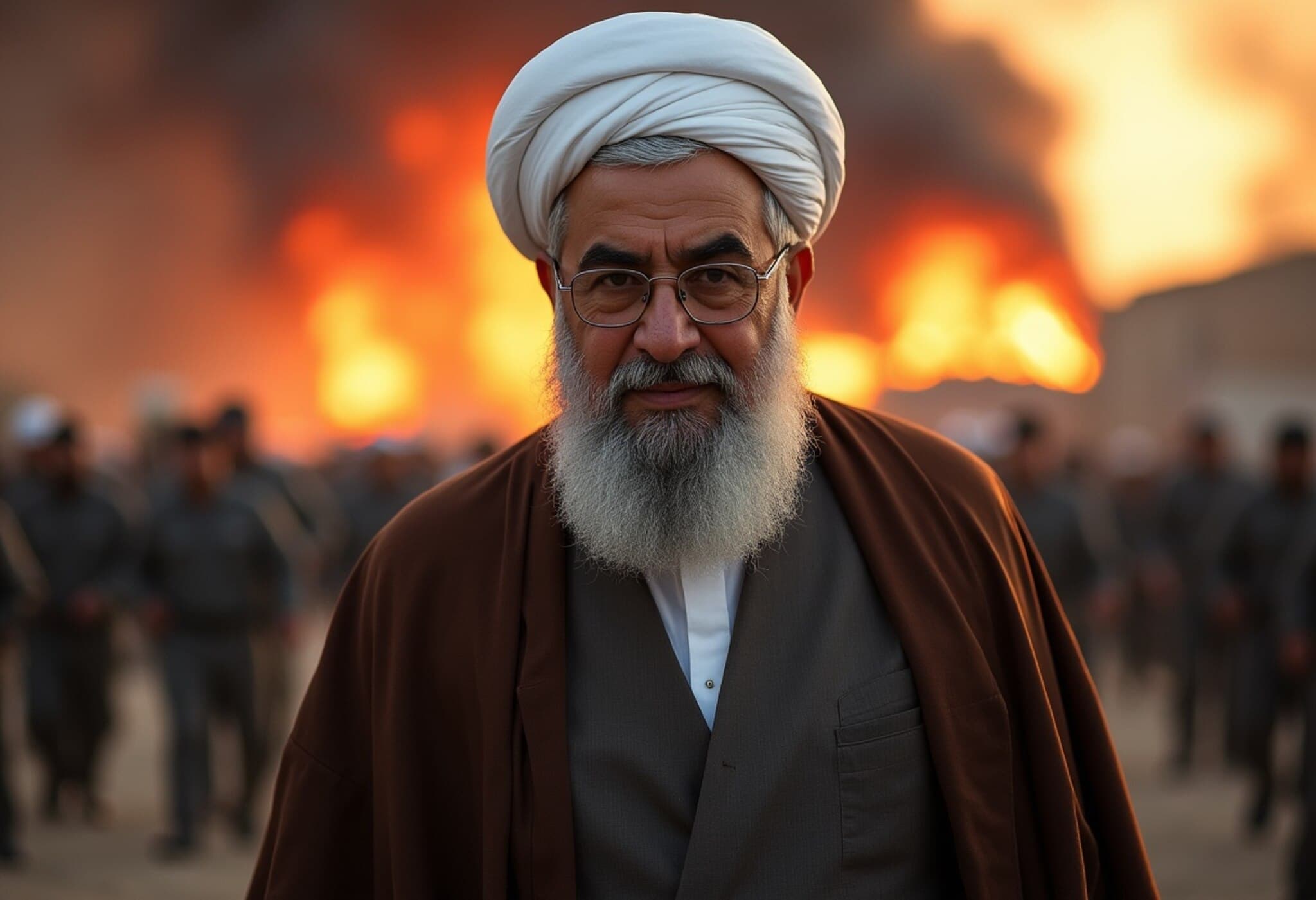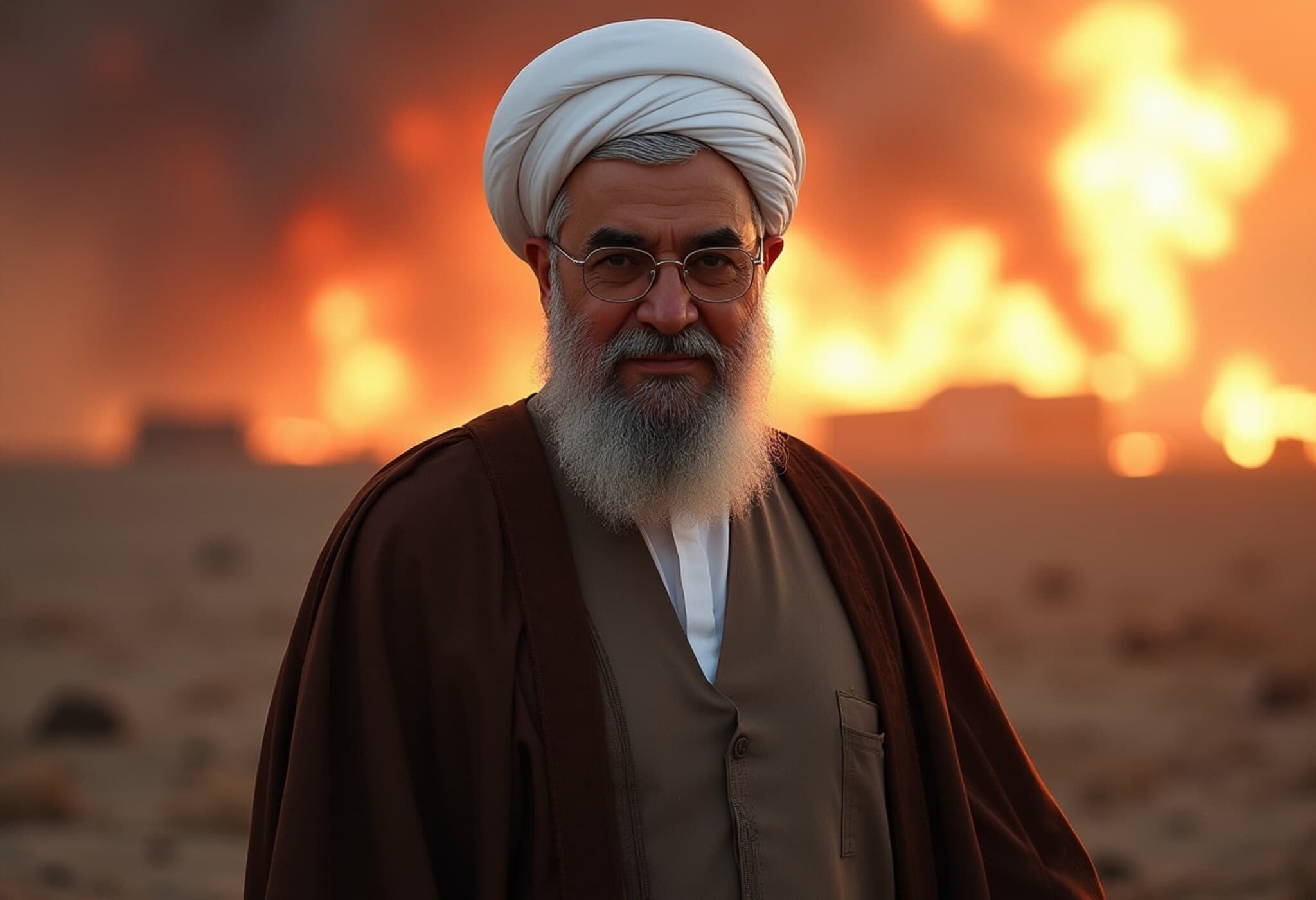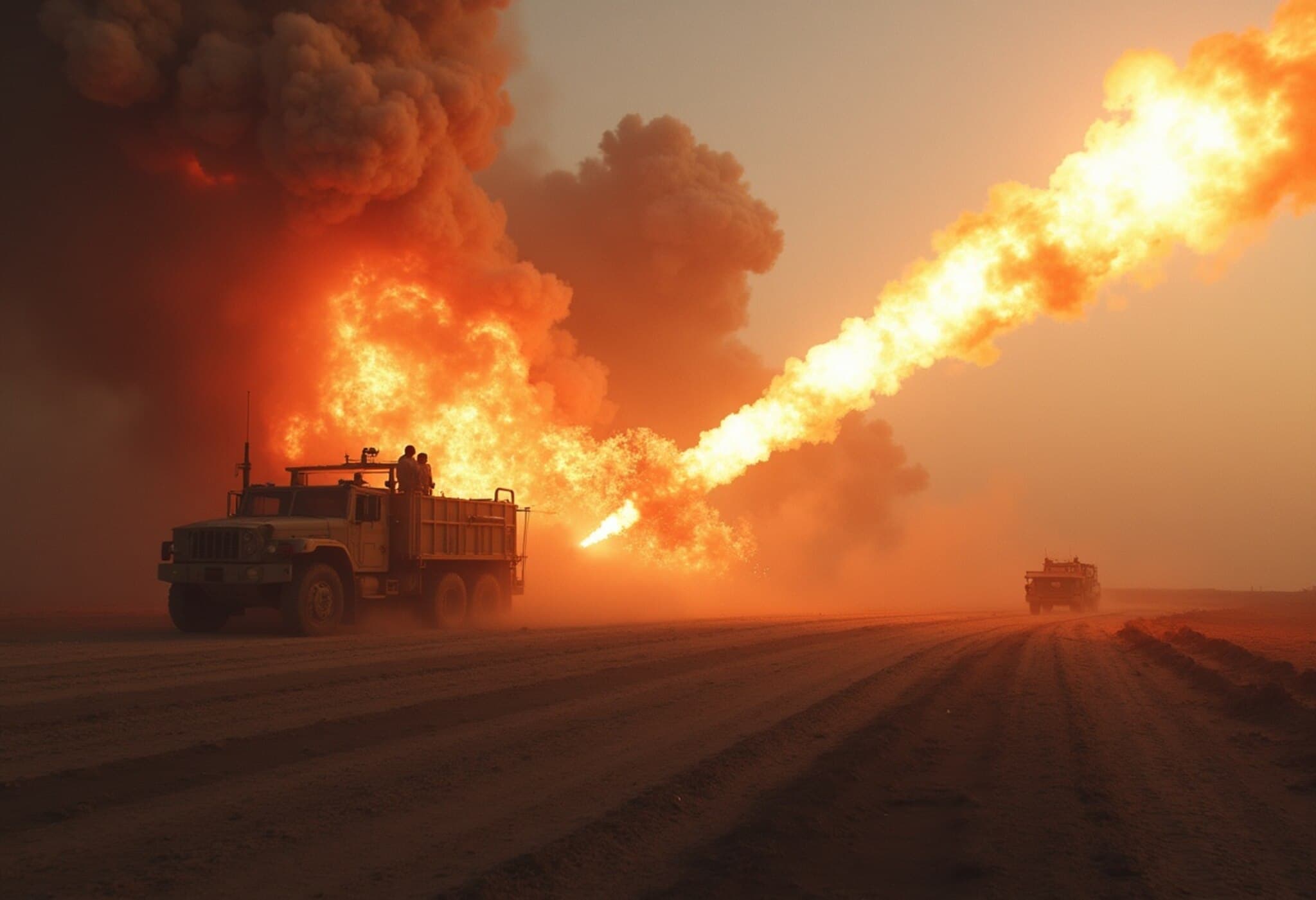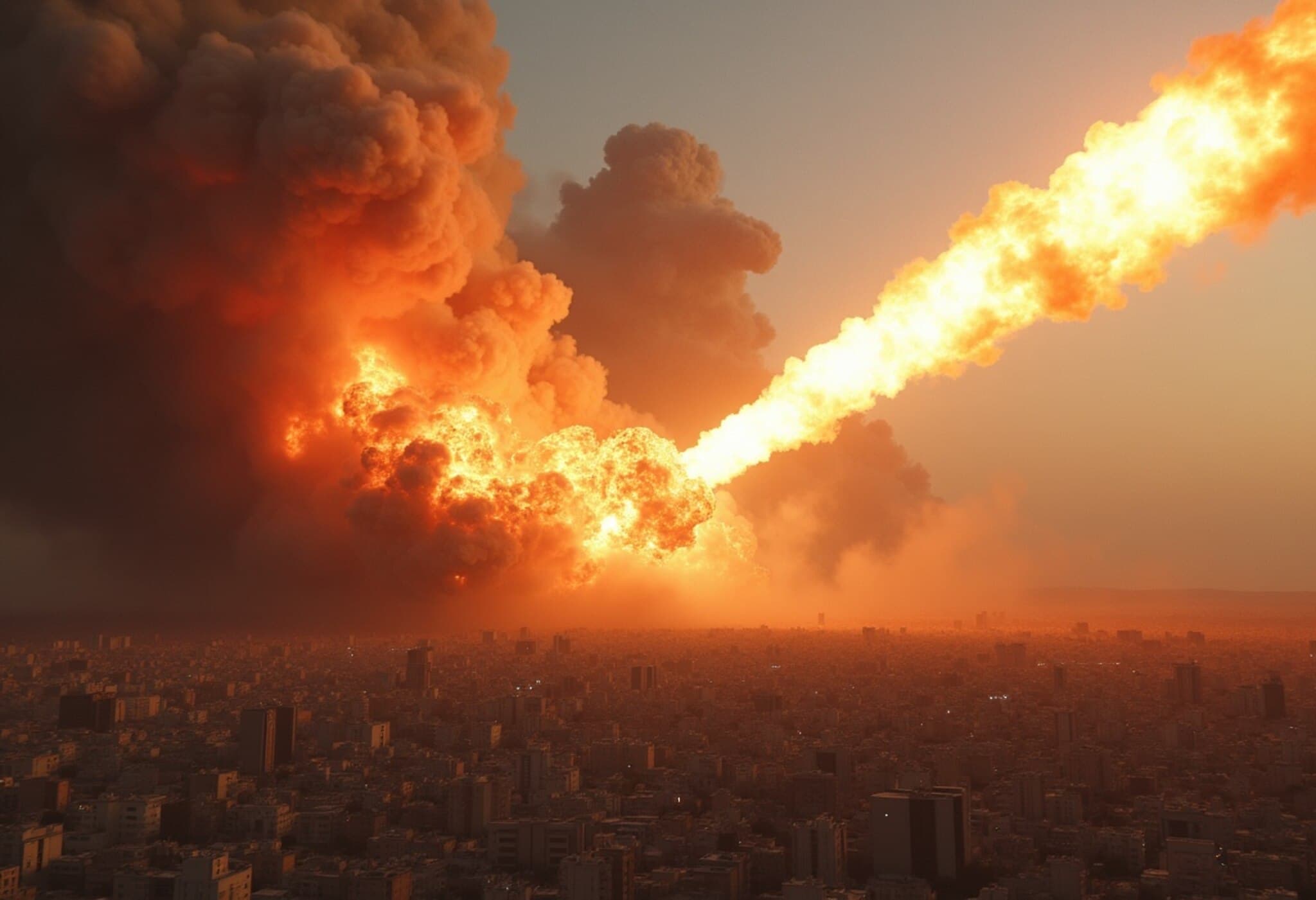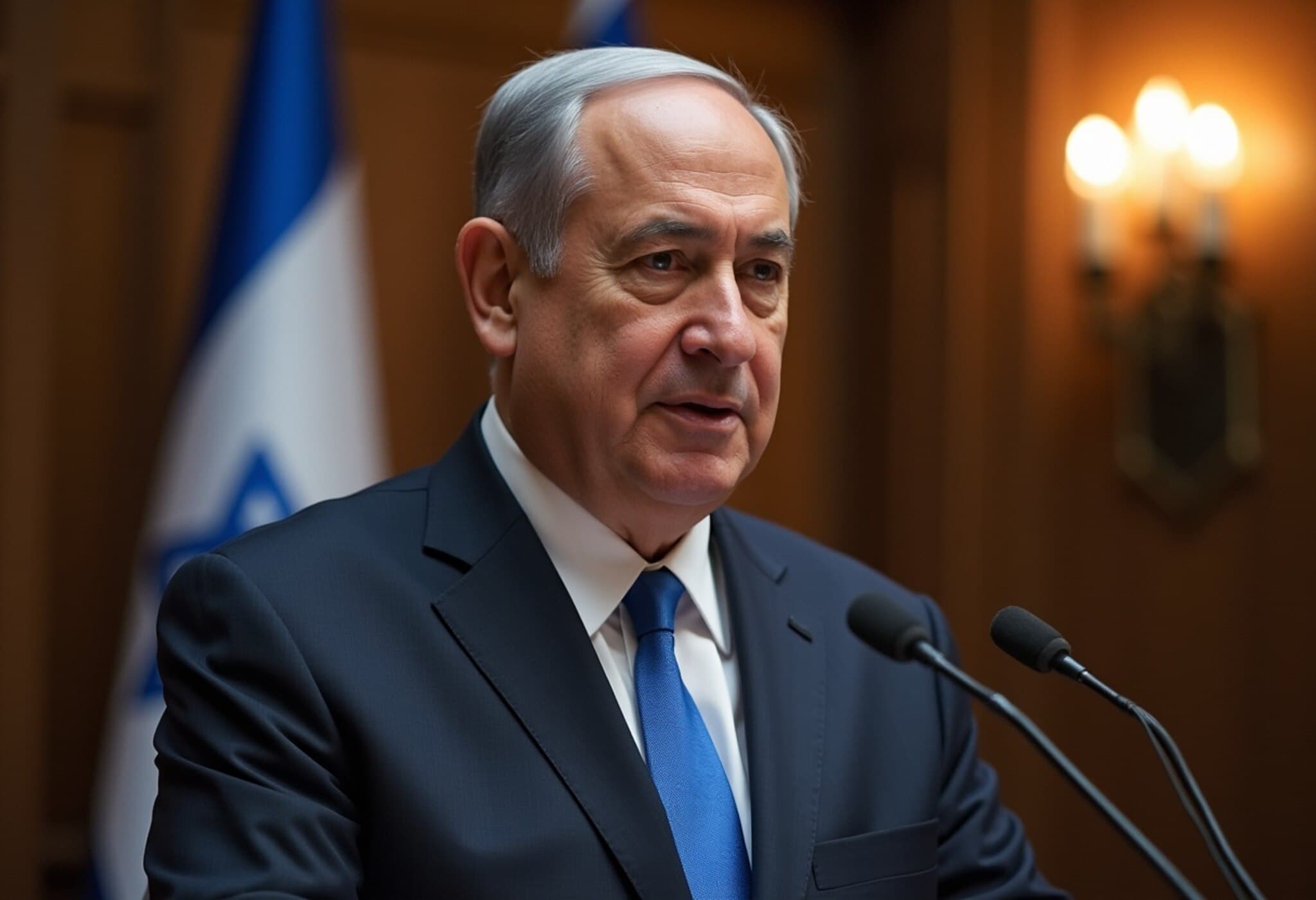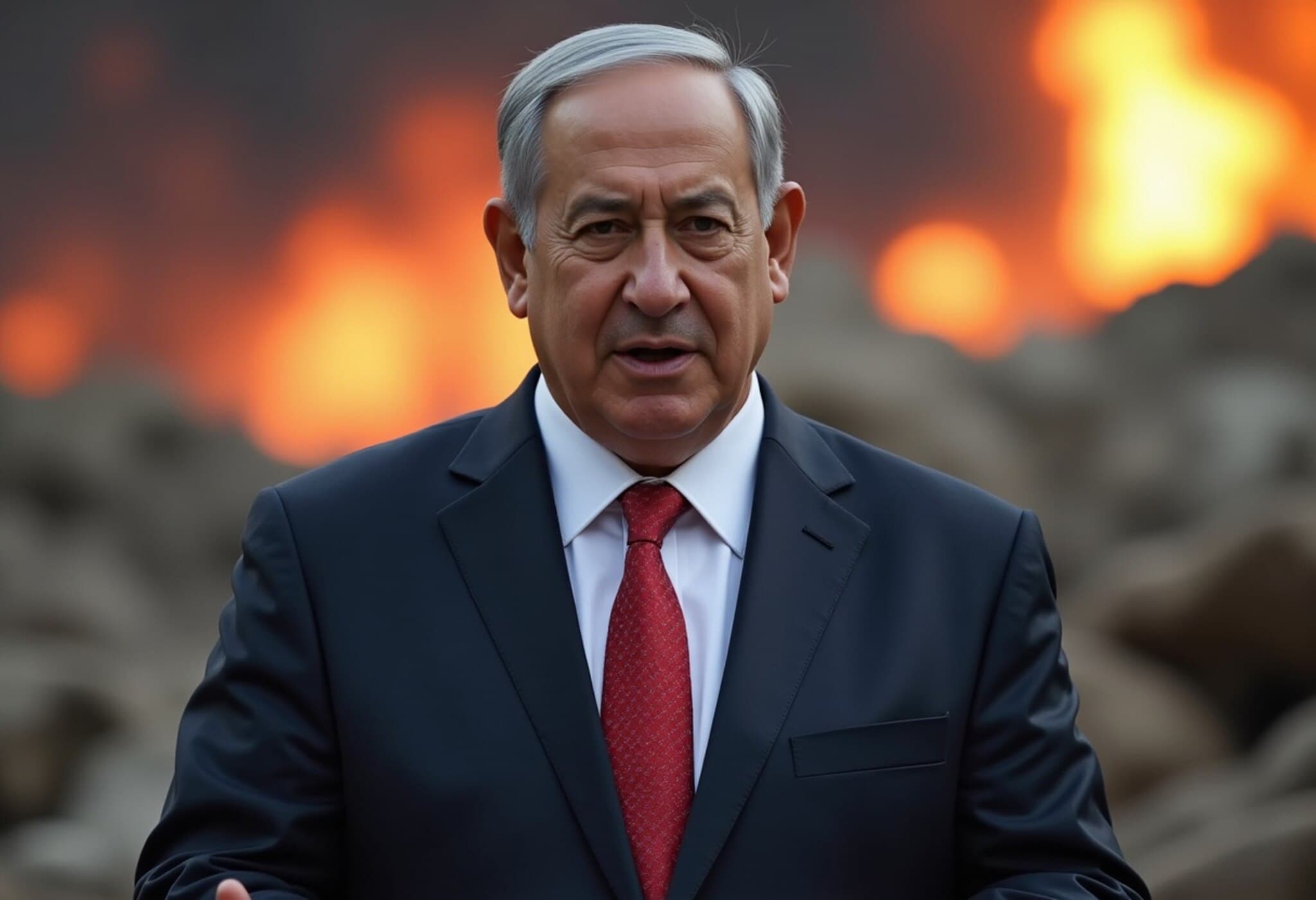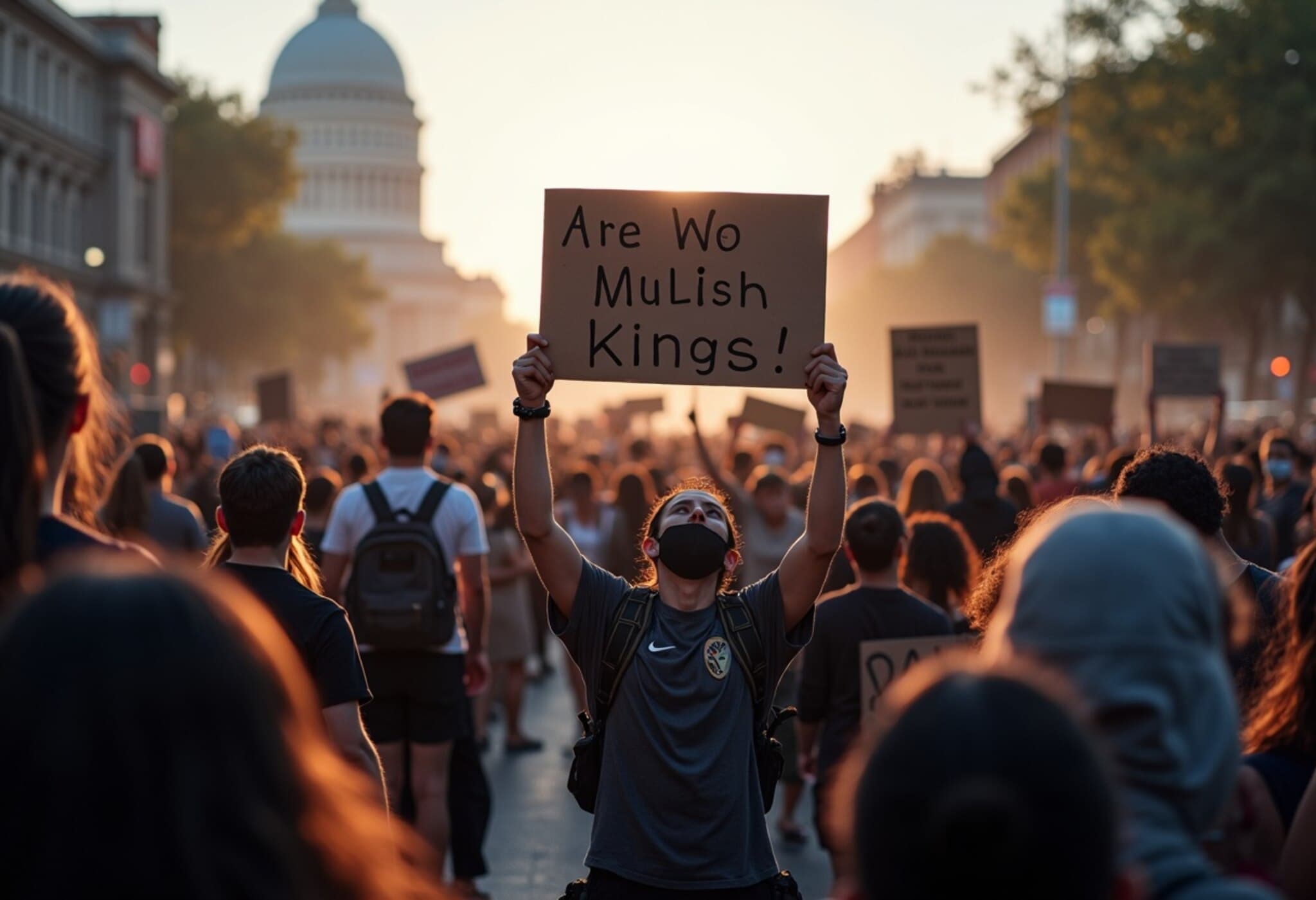Renewed Missile Attacks Heighten Tensions Between Israel and Iran
On Sunday, Israel once again found itself under a barrage of Iranian missile attacks, with sirens blaring across major cities including Jerusalem and Tel Aviv. The continued missile exchanges between the two nations have activated Israel's air defense systems, signaling a serious escalation in their ongoing conflict.
Missile Barrages and Their Immediate Impact
The Israeli military reported that several Iranian missiles targeted different locations within Israel, igniting a large fire in Haifa. Authorities confirmed four injuries thus far amid the strikes. Videos shared from the ground revealed multiple missile interceptions, underscoring the intensity of the aerial exchanges.
- Sirens sounded across Israel starting 4 p.m. local time—marking the first such daylight alert in recent history.
- The city of Haifa witnessed a significant blaze following the missile impacts.
- Several residential areas, including in Bat Yam, sustained damage from Iranian missile fire.
Israel’s Retaliatory Actions Extend Deep Into Iranian Territory
In response, Israel executed airstrikes targeting Iranian locations, including an Iranian aircraft at Mashhad Airport in eastern Iran — approximately 2,300 kilometers from Israel. The Israeli Defense Forces (IDF) described this strike as the longest-range operation since the start of their military campaign, known as Operation Rising Lion. This operation began with a surprise assault aimed at crippling Iran’s military leadership and nuclear infrastructure.
Escalating Threats and Political Statements
Israeli Prime Minister warned that Iran will "pay a heavy price" for causing civilian casualties, while Iranian leadership vowed more severe responses if hostilities persist. The past rounds of missile fire have breached Israel’s defense shield and resulted in civilian deaths, increasing fears of a wider regional conflict.
"Iran will pay a heavy price for the murder of civilians, women and children," stated Israel's Prime Minister.
"Our responses will grow more decisive and severe," countered Iran’s leadership.
Impact on Iranian Infrastructure and Global Markets
Israel’s strikes targeted key Iranian assets, including an oil depot in Tehran and facilities at South Fars gas field—the world’s largest gas field used primarily for domestic consumption. A massive blaze lit up Tehran’s night sky as Israel’s attacks put Iran’s energy infrastructure under strain. While Iranian officials say the situation at the burning depot is under control, the strikes are already influencing global energy markets.
- Oil prices surged by 9% on Friday, prior to Israel’s most recent strikes.
- Traders await Monday’s market opening to gauge further impact on oil and gas supply.
- Iran advised its citizens to shelter in mosques, schools, and subway stations amid escalating hostilities.
What Lies Ahead?
This confrontation marks the most intense clash between the two longstanding adversaries, with each missile exchange ratcheting up the risk of broader conflict. Both nations remain entrenched in their positions, with Israel aiming to dismantle Iran's nuclear and ballistic missile capabilities, and Iran prepared to retaliate forcefully. As the conflict unfolds, the region—and global markets—are bracing for the potential fallout.

